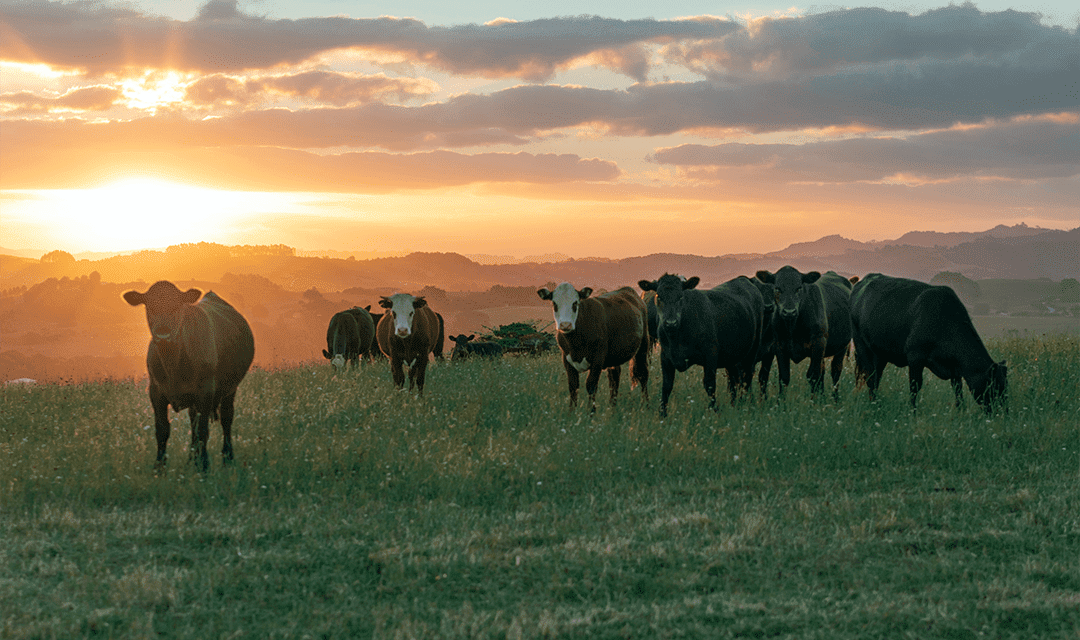
WHETHER it’s calling the carbon market a sham, accusing producers of gaming the system or just saying large-scale carbon sequestration can’t be completed – some scientists have taken goal at anybody being profitable from carbon.
It’s a onerous marketing campaign to grasp, as for many years lots of those self same scientists have been pushing for trade and governments to spend money on know-how that improves manufacturing and sequesters carbon.
Whereas they’re entitled to their opinions about the way in which it’s legislated, a failure to place these opinions into perspective has resulted within the carbon trade being paralysed by a lack of direction and producers confused about their position in a altering financial system.
The scenario was demonstrated with an article on the ABC web site final week, which led with a scientist who was uncertain of the power of agricultural soils to develop into a carbon sink within the long-term.
It was adopted by a collection of social media feedback from producers and trade figures implying that if the scientists say it may well’t be completed then it may well’t be completed.
The purpose many missed with the article was that it quoted two different scientists who had been comparatively constructive concerning the position of the carbon market going ahead.
One other level is that the scientists are just one a part of this story.
As Swiss scientist Peer Ederer recently pointed out to Beef Central, the position of scientists is to tell coverage with proof – relatively than setting your entire coverage themselves.
That’s troublesome within the case of the carbon market, as scientific proof aligning administration practices to carbon sequestration over lengthy intervals of time is extraordinarily restricted – the work has largely not been completed.
In a whole lot of methods, the position of the carbon market is to construct that proof base by incentivising producers to take the information, change the practices and make some cash if they’re profitable. The early adopters are taking a pioneering-type position.
However producers and carbon aggregators being profitable from carbon appears to be one of many huge reservations of the carbon critics.
The carbon aggregators have copped the brunt of those criticisms and have been labelled as “sharks” and “ticket clippers” in media interviews with out problem and doubt has been forged on whether or not they would keep within the trade after the pay day has come.
AgCarbon Central has heard the tales of producers coming into into prolonged carbon contracts that take land out of manufacturing and go away behind weeds, pests and hearth hazards.
It have to be stated that the carbon trade has additionally attracted individuals who have had lengthy careers in agriculture and has been embraced by households who’ve been on the land for generations.
Placing the “web” in “web zero”
Sustained campaigns from scientists and activists have pushed Governments down the road of committing to restrict the impression of human-caused local weather change, by way of international efforts just like the Paris Settlement.
The holy grail of those efforts seems to be “web zero emissions”. Which means that they’ll’t get to zero emissions and so they want some type of elevated sequestration to offset these emissions and create a “web” variety of zero emissions.
You would say that agricultural land is placing the “web” in web zero.
If the Australian Authorities is critical about reaching its “web zero” goal, or its different targets, then it must get the settings proper for the agricultural to play its half in making the online reductions. Either side of Authorities have gone down the road of incentivising producers by making a mechanism for them to earn an additional revenue.
Central to many of the carbon initiatives is sustaining groundcover and selling vegetation development – even when the nation is in raging drought.
As Federal commodities forecaster ABARES identified in its newest replace, cash-flow on livestock properties is a matter – with rising enter prices, fluctuating commodity costs and excessive rates of interest. Business has been figuring out cash-flow as a difficulty for years.
Some have steered that producers ought to hold their carbon credit to offset their very own methane emissions from livestock, which makes it onerous to see anybody aside from producers paying the invoice.
So, if cash-flow is a matter, producers are paying to assemble the information wanted to achieve these targets and are committing to long-term administration packages to extend carbon sequestration – it’s onerous to see why they need to not have a monetary incentive.
Trending Merchandise











